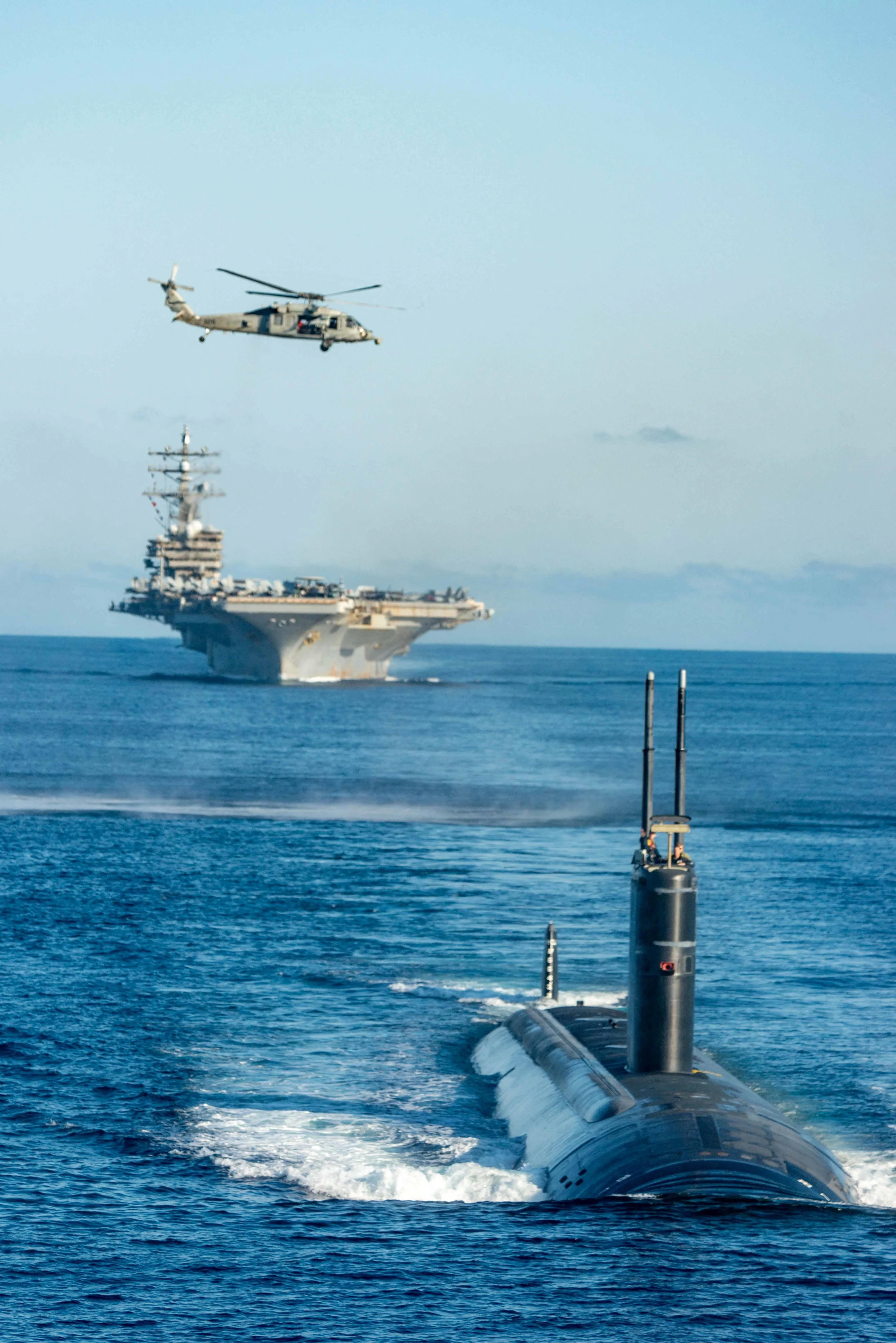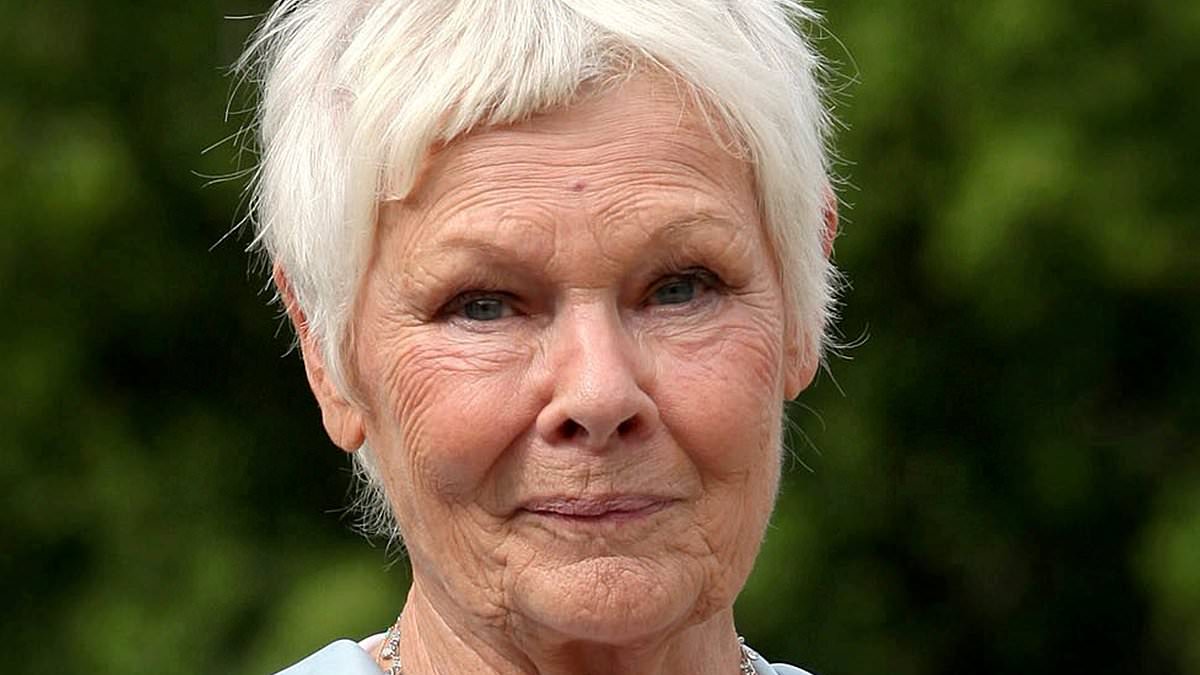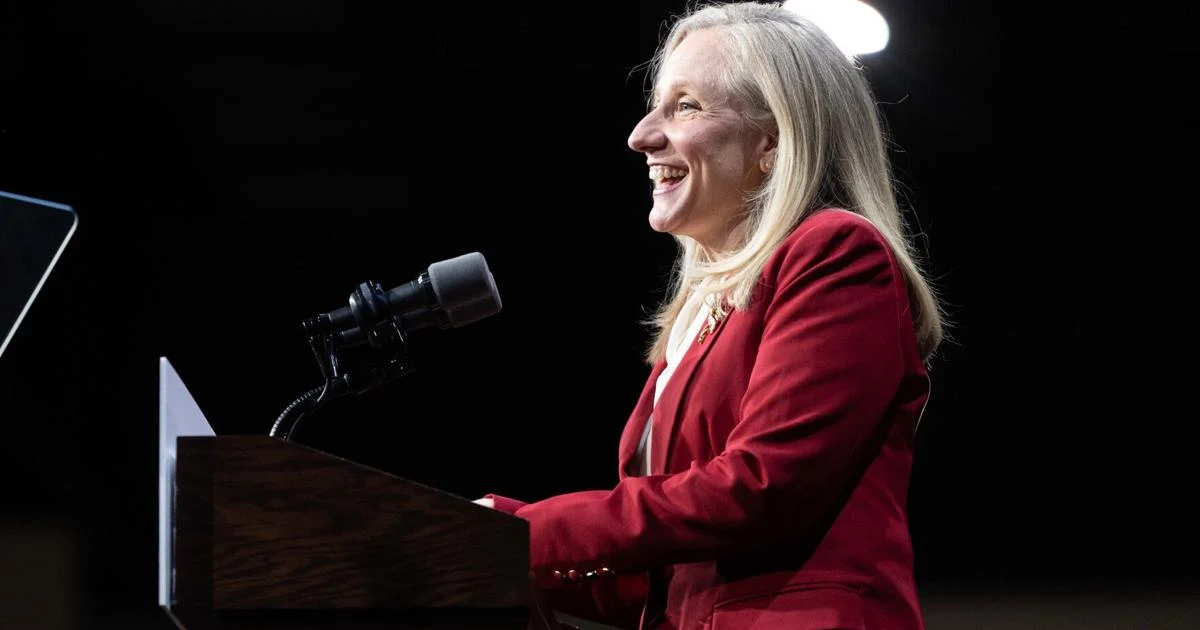Copyright scmp

The three-member Aukus defence pact may soon expand beyond its primary aim of boosting Australia’s submarine fleet to also include Japan and South Korea, according to analysts, with both North Asian powers potentially co-developing or acquiring similar nuclear-powered vessels and taking part in hi-tech projects. These developments could transform Aukus – a trilateral security partnership between Australia, the United States and Britain – into a more expansive Indo-Pacific defence network. Washington’s recent approval for Seoul to develop nuclear submarines – confirmed during a meeting between US President Donald Trump and South Korean President Lee Jae-myung in Gyeongju last month – was seen as a watershed moment that could pave the way for Tokyo’s involvement as well. “If this trend continues, Aukus could evolve from a strictly Anglosphere initiative into a broader Indo-Pacific defence innovation framework while retaining its core trilateral foundation,” Bence Nemeth, associate professor at King’s College London, told This Week in Asia. Deep sea deterrence The decision to allow South Korea to build nuclear-powered submarines marks a significant shift in the region’s security architecture, elevating it into a small US-backed group of countries with such naval capabilities, according to analysts. Meanwhile, Japan appears to be laying the groundwork for a similar move. Speaking at a press briefing last Thursday, Japanese Defence Minister Shinjiro Koizumi said the country needed to re-evaluate its current submarine capabilities. “The environment surrounding Japan is truly becoming so severe that we must debate whether to continue with diesel as we have, or to opt for nuclear-powered submarines,” Koizumi said. While neither Tokyo nor Seoul is part of Aukus’ core structure currently, both have expressed interest in joining its so-called “Pillar 2” – the component under the agreement focused on advanced defence technologies such as artificial intelligence, quantum computing, cyber warfare and space systems. Japan is already involved in Aukus projects related to maritime autonomous systems and AI-piloted aircraft. South Korea is in discussions to participate in research around hypersonic weapons and quantum military applications. Economic, political factors at play Nemeth noted that the US decision to share nuclear propulsion technology with South Korea could help smooth the path for Japan to pursue similar capabilities. But he cautioned that such support was far from guaranteed. “It is not automatic,” he said, noting that Washington’s move appeared to be driven as much by industrial and economic considerations as by alliance politics. Trump has said that Hanwha will build submarines at a shipyard in Philadelphia run by the South Korean conglomerate. While South Korea has committed to major investments in American shipyards and cooperation with the US in shipbuilding, Japan has not done the same, despite having the world’s third-largest shipbuilding industry after China and South Korea, Nemeth noted. “If Japan were to seek a similar arrangement, offering tangible contributions to bolster US shipbuilding capacity would likely make its case stronger,” Nemeth said. He added that while Japan had the industrial and technological capacity to develop nuclear-powered submarines, it must obtain Washington’s consent to enrich and reprocess nuclear material under their bilateral nuclear cooperation agreement. “In practice, Japan cannot move ahead independently without US consent,” Nemeth said. Grant Newsham, senior research fellow at the Japan Forum for Strategic Studies, said that if Japan were to declare its intention to build a nuclear submarine and ask the US for help, Washington would likely agree to help. “Ten years ago, or even five years ago, this would not have happened,” Newsham said, noting that the threat to Japan and the US in Northeast Asia posed by China, North Korea, and Russia had made submarine cooperation between Washington and Tokyo possible. “The idea of Japan having nuclear subs seems unobjectionable, if not sensible,” Newsham said. The US was so “overstretched” that Tokyo would likely have to develop nuclear submarine development regardless of Washington’s thinking, he added. “If Japan and South Korea build nuclear submarines, it will have a stabilising effect since they are more able to defend themselves against Chinese and North Korean aggression,” Newsham said. It would also strengthen the capabilities of “free nations in the Indo-Pacific region”, he said, pointing to the defence cooperation between the US, Australia and other countries. “Aukus was more a joining of like-minded nations rather than ‘Anglo nations’ joining.” Yoichiro Sato, a professor at Japan’s Ritsumeikan Asia-Pacific University, said that any nuclear-powered submarines of Japan and South Korea operating in Southeast Asian waters might run into “political opposition” in the region. Indonesia had expressed concerns about Aukus submarines in its exclusive economic zone (EEZ), and other Southeast Asian countries might do likewise, said Sato, noting that China had deployed nuclear-powered and nuclear-armed submarines in the South China Sea previously. Jakarta’s concerns stemmed from the potential for a regional arms race, the weakening of nuclear non-proliferation norms, and the environmental impact of nuclear-powered vessels in its EEZ and archipelagic waters. Unlike their conventional diesel-electric counterparts, nuclear-powered submarines have longer ranges and can operate further away from their home ports. While Japan and South Korea have been well served by conventional submarines, they now face pressure to be “a useful ally” of Washington by integrating their plan into the US strategy to anchor the US commitment to their defence, according to Sato.



